
As a mother-to-be in May, Xu Shi said she is worried about feeding her child properly, as an online purchasing agent has failed to supply the foreign baby formula she ordered a month ago.
A resident of north China's city of Shijiazhuang, Xu said she has been rebuffed by online purchase agents more than once, as a number of countries have started implementing milk powder purchase restrictions.
"I prefer to buy Nutrilon or Friso (brands of baby formula made in the Netherlands) first. If I can't, I turn to Karicare from New Zealand or Cow & Gate from Britain," Xu said.
Xu said a supply shortage has resulted from those countries' purchase restriction policies, although there are sufficient supplies of domestic milk powder in her city's supermarkets.
Just 28 percent of Chinese children under the age of six months are breastfed, according to data from the UN Children's Fund.
The majority of Chinese infants are fed with baby formula, a fact that has failed to revitalize domestic milk powder manufacturers, which suffered a major blow in 2008 following a food safety scandal.
The Sanlu Group, a manufacturer based in Shijiazhuang, was found to have sold milk powder contaminated with melamine, an industrial compound used to create plastic. Six infants died from consuming the tainted powder, resulting in a scandal that led to jail terms for local officials, as well as raised food safety concerns.
A supermarket employee in Shijiazhuang said foreign baby formula is much more popular than domestically produced formula, even though the foreign formula costs nearly twice as much.
"China's milk powder products have frequently suffered from food safety problems in recent years. We have a poor impression of domestic milk powder," said Li Dabao, a father from Beijing.
Li is not the only parent who has exhibited doubt regarding domestic baby formula. Young parents living in large and mid-sized cities prefer to buy formula directly from overseas markets via online purchasing agents.
With more young parents showing interest in foreign formula, some markets have issued policies to control exports of the products, as they cannot keep up with demand.
Meanwhile, domestic formula producers are struggling to regain Chinese consumers' confidence. Domestic formula producers like Syrutra, Bright Dairy and Yili has established in-house safety management systems and tried to expand their overseas milk sources.

2013 Chinese New Year |

Hidden dragons, crouching tigers |
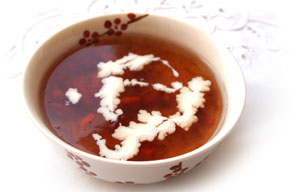
Soap beans, silver ears and peach gum |

Special:Winter Solstice |
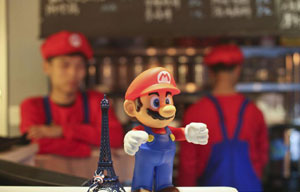
Mario themed restaurant opens in Tianjin |
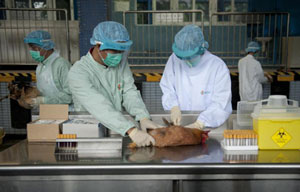
HK carries out avian influenza tests on imported chicken |
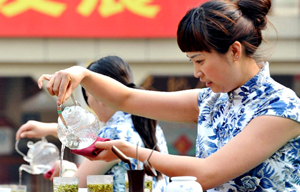
2013 China Tea Conference kicks off in Zhejiang |
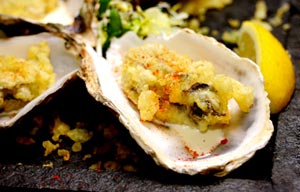
Oysters make spring sing for diners in Beijing |